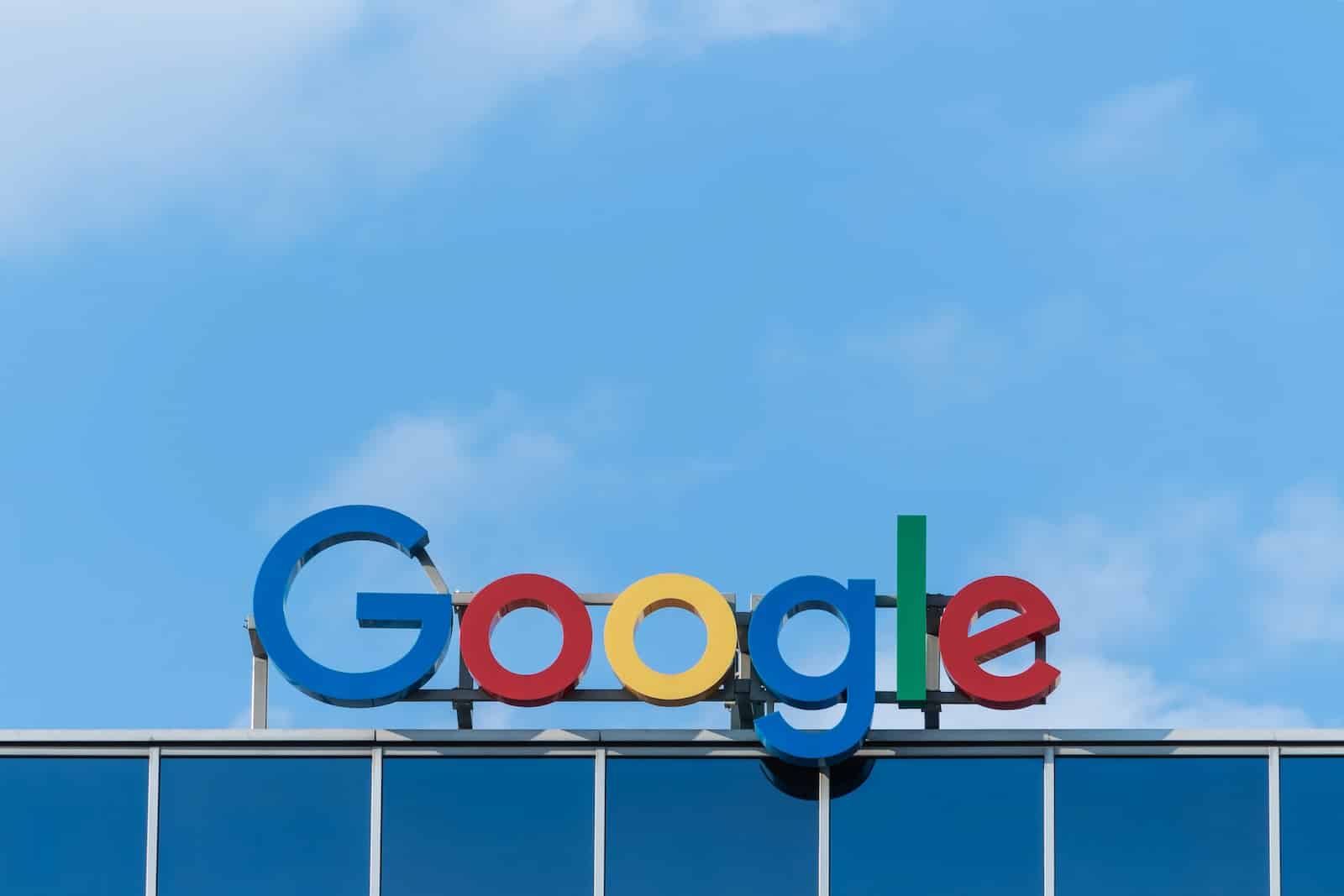Artificial intelligence has become both a crucial ally and a new battleground for cybersecurity. That was the core message presented by Google at their Cloud Security Summit 2025, where they unveiled a suite of innovations aimed at safeguarding traditional enterprise systems as well as the increasingly ubiquitous AI agents.
In a landscape where generative models and AI agents are now part of the daily operations of thousands of companies, Google aims to lead the shift toward a security approach that is proactive, automated, and scalable, capable of confronting emerging threats.
Google emphasizes that AI should be viewed not only as a potential risk—such as data leaks, model poisoning, or prompt injection attacks—but also as an opportunity to elevate cybersecurity defenses to unprecedented levels.
Key benefits highlighted include:
- Rapid detection of zero-day vulnerabilities.
- Large-scale threat intelligence processing within seconds.
- Automation of repetitive tasks in Security Operations Centers (SOCs), freeing analysts to focus on strategic issues.
Jon Ramsey, Google’s Cloud security lead, states, “AI enables security teams to achieve levels of defense and efficiency previously thought impossible.”
One focus of the event was protecting AI agents operating within critical environments. Google introduced advancements within the Security Command Center, such as:
- An expanded inventory and risk detection for MCP agents and servers, allowing automatic identification of vulnerabilities and misconfigurations in preview.
- Real-time threat protection with Model Armor, currently in preview, blocking threats like prompt injection or sensitive data leaks within Google Agentspace and Agent Builder.
- Specific posture controls for AI to ensure agents comply with corporate and regulatory policies.
- Threat detection enhanced with Mandiant’s intelligence, now available, to improve responses to anomalous behaviors or suspicious access linked to AI agents.
The company also showcased a vision of a “SOC agentic,” a security operations center where autonomous agents collaborate to detect and neutralize threats. In this model:
- Machines generate alerts,
- Enrich events automatically,
- Analyze commands in real-time,
- Recommend actions to human analysts.
The “Alert Investigation Agent,” currently in testing, promises to dramatically reduce incident response times and ease security teams’ workload.
Mandiant, acquired by Google in 2022, plays a central role in this strategy. Its experts provide threat modeling tailored for AI, risk governance frameworks, and pre-deployment consulting, ensuring organizations can adopt AI securely and avoid catastrophic failures.
In addition to AI-centric innovations, Google announced enhancements to its unified security platform, integrating capabilities of Gemini AI within a comprehensive protective fabric:
- SecOps Labs: an experimental environment with AI-powered tools for detection and response.
- New security dashboards in Google Security Operations with native SOAR data integration.
- Improvements in Chrome Enterprise, including URL filtering on iOS and enhanced control over work accounts to mitigate shadow AI risks.
- Advanced IAM controls, like the upcoming agentic IAM for managing identities across multi-cloud environments.
- Enhanced protection of sensitive data in BigQuery, CloudSQL, and Vertex AI, along with simpler encryption key management for clients with their own keys.
- Network and firewall innovations supporting Zero Trust principles, even for high-performance workloads like cloud AI.
The summit underscored that security and business growth are now inseparable. The message was clear: “Without security, there can be no reliable AI innovation.” Google advocates for integrating security by design, automating compliance, and leveraging defensive AI as a catalyst for a more resilient digital future.
FAQs
What is an AI agent and why does it need security?
An AI agent is a system capable of autonomous decision-making and actions based on instructions or data. Since they interact with users and critical systems, they are vulnerable to attacks such as prompt injections, tool manipulations, or data leaks, making them a new risk vector.What role does Mandiant play in Google’s updates?
Mandiant brings threat intelligence and strategic consulting to the table. Its role is to help organizations design governance frameworks and conduct adversarial testing, enabling safe AI deployment without compromising security.Does Google Unified Security replace existing security systems?
No, it integrates them. The goal is to provide a convergent platform that combines Google’s best detection, response, compliance, and data protection capabilities, powered by Gemini AI as a common engine.Are these measures only for large corporations?
While many tools are designed for complex, large-scale environments, features like Chrome Enterprise filtering and IAM improvements benefit small and medium-sized businesses beginning to incorporate AI into their daily operations.
Main Source: Google Cloud – Security Summit 2025

